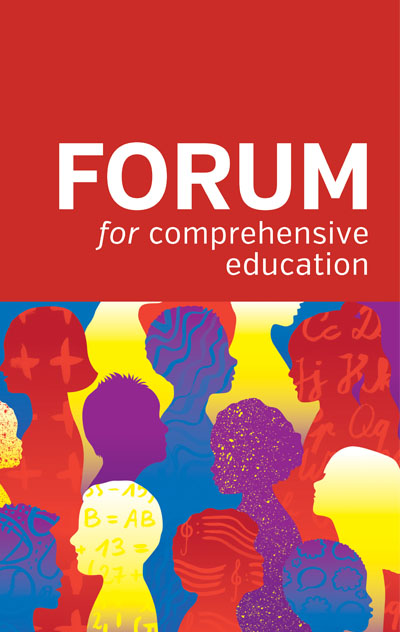
The Seesaw Curriculum: it's time that educational policy matured
FORUM - Print ISSN 1474-7685 - Online ISSN 2047-7171
Volume 53 Number 1 (2011)
The Seesaw Curriculum: it's time that educational policy matured
JOHN ELLIOTT pages 15‑30
DOI: 10.2304/forum.2011.53.1.15
Abstract
The author claims that the UK coalition government's White Paper, entitled the Importance of Teaching, continues to polarise curriculum and pedagogical thinking in England into subject-centred versus child-centred camps and in doing so takes sides with the former. He argues that government reports - such as Hadow, Spens and Norwood - have been concerned with the role and status of the traditional subject-based curriculum of the elite grammar schools in a mass educational system. In this policy context cycles of curriculum development and reform have tended to seesaw from the subject-centred to the child-centred curriculum poles and back again. Attempts to reconcile these conflicting perspectives by locating the subject-centred curriculum in the realm of educational ends and the child-centred perspective, as exemplified by the thought of John Dewey, in the realm of educational methods. In this way the child-centred approach is used to improve and broaden access to the traditional subject-based curriculum, while being rendered subservient to it. The author goes on to examine Dewey's own integrated conception of the relationship between subjects and the child-centred perspective and its implications for curriculum and pedagogy. These are compared with the views on curriculum design and teacher training expressed in the White Paper. The author concludes that there is a growing gap, between the partial models of mind and its development that inform government policy in the field of education and advances towards a broader and more integrated model. From the latter standpoint educational policy-making in England will look increasingly disordered.
To cite this article
JOHN ELLIOTT (2011) The Seesaw Curriculum: it's time that educational policy matured, FORUM, 53(1), 15-30 . https://doi.org/10.2304/forum.2011.53.1.15
